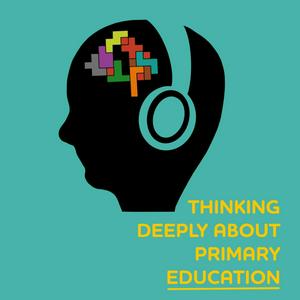Teachers Talk Connect Preview HERE - 14th March, Manchester
TDaPE North West Conference Tickets: - 28th March, St Helens
https://www.eventbrite.com/e/the-thinking-deeply-about-primary-education-conference-tickets-1661953891829?aff=oddtdtcreator
For show notes, links, and a summary episode, sign up for the Hey! What You Reading For newsletter. Mondays at 7am BST - https://tdape.beehiiv.com/subscribe
AI For Teachers newsletter
For maths curriculum questions contact us here or via
[email protected] Learn more about The Story of Maths - www.alta-education.com/tsom-overview
Episode 273: This week on Thinking Deeply About Primary Education, I’m joined by Dominic Bristow (Stylus) to explore the Gartner Hype Curve and what it can teach schools about decision-making in the age of AI.
We unpack why schools so often swing between inflated expectations and total disillusionment, why “AI” isn’t one thing but a stack of overlapping hype curves, and what that means for leaders trying to spend money and staff time wisely. Dominic shares why credentials and co-creation with educators matter, why “show your workings” should be a red-line expectation for any provider, and how to spot the difference between a serious product and a thin “wrapper” around a chatbot.
If you’re trying to avoid confusing excitement with impact, this one will give you a practical lens, and a better set of questions, before you commit.


